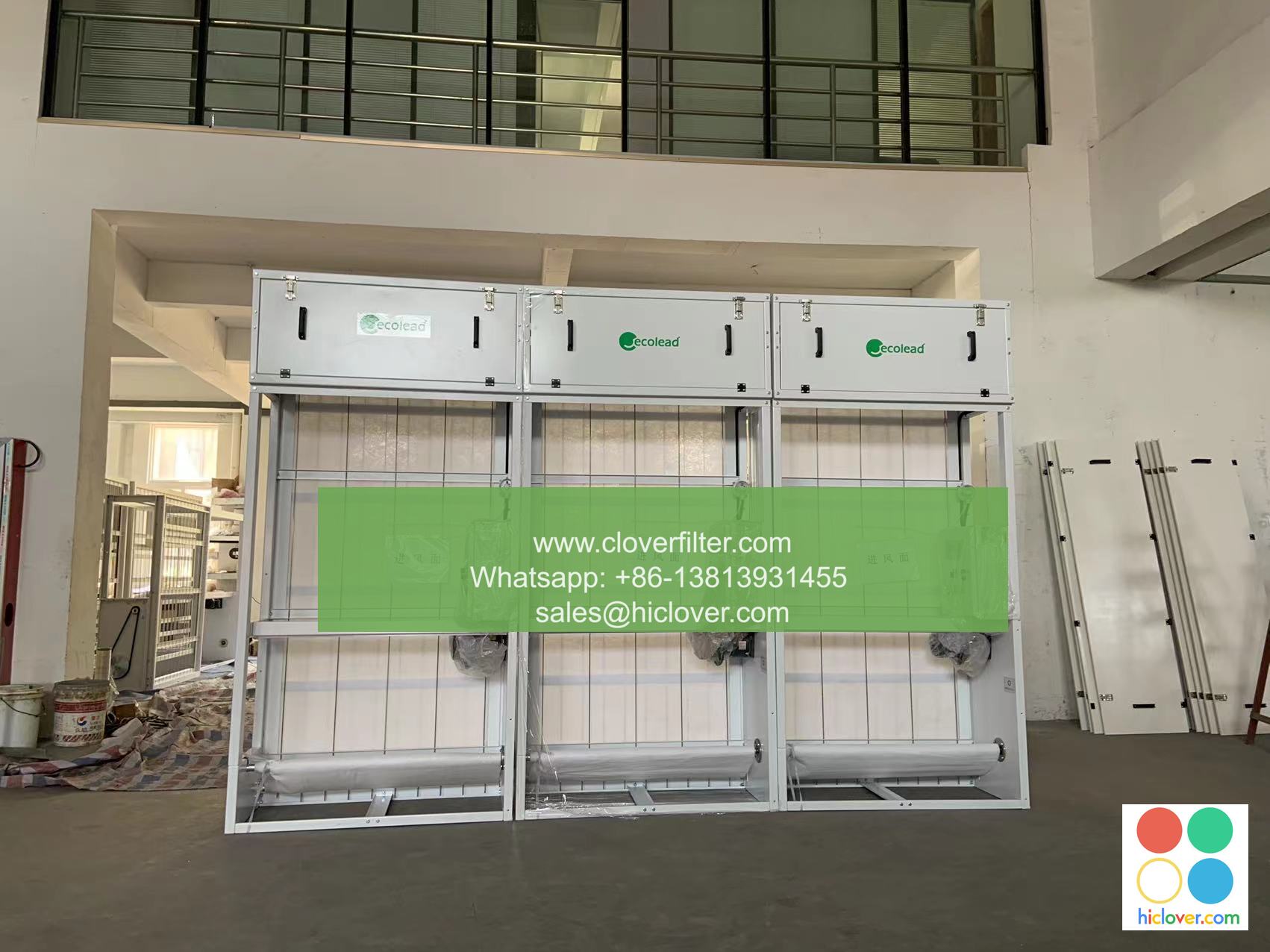The Ultimate Guide to HEPA Air Filters: What You Need to Know

What are HEPA Air Filters?
HEPA (High Efficiency Particulate Air) air filters are designed to capture 99.97% of particles as small as 0.3 microns, including dust, pollen, pet dander, and other airborne allergens. These filters are widely used in various applications, from residential homes to industrial settings, to improve indoor air quality and provide relief from airborne allergens and pollutants.
How Do HEPA Air Filters Work?
HEPA filters use a unique three-stage process to capture air pollutants:
- Pre-filter: Coarse particles, such as larger dust particles and lint, are trapped by the pre-filter, which extends the life of the HEPA filter.
- HEPA filter: The HEPA filter itself captures 99.97% of particles as small as 0.3 microns, including:
- Dust
- Pollen
- Pet dander
- Smoke
- Mold spores
- Bacteria
- Final filter: Some HEPA systems include an additional final filter to further trap particles and pollutants, ensuring maximum air purification.
Benefits of HEPA Air Filters
The benefits of HEPA air filters are numerous:
- Improved indoor air quality: By capturing 99.97% of particles, HEPA filters help reduce airborne allergens and pollutants, creating a healthier indoor environment.
- Relief from allergies and asthma: By removing allergens and irritants, HEPA filters can provide relief for those suffering from allergies and asthma.
- Reduced HVAC maintenance: HEPA filters are designed to be self-cleaning, requiring less frequent replacement than traditional filters.
- Energy efficiency: By capturing more pollutants, HEPA filters can improve HVAC system efficiency, reducing energy consumption and costs.
Applications for HEPA Air Filters
HEPA air filters are used in a variety of settings, including:
Home and Residential
- HVAC systems
- Air purifiers
- Fans and blower systems
- Central vacuum systems
Commercial and Industrial
- Industrial air cleaners
- Ventilation systems
- Medical facilities
- Laboratories
- Data centers
Automotive
- In-vehicle air purifiers
- HVAC systems in cars, buses, and trucks
Choosing the Right HEPA Filter
When selecting a HEPA filter, consider the following factors:
- particle size: Look for filters with a 0.3-micron rating or smaller to ensure maximum capture of airborne particles.
- Filter material: HEPA filters can be made from various materials, such as fiberglass, polyester, or activated carbon. Research the benefits and drawbacks of each material.
- MERV rating: MERV (Minimum Efficiency Reporting Value) measures a filter’s ability to capture particles. Look for MERV 17 or higher for optimal performance.
- Certifications: Ensure the filter meets certifications from organizations like the California Air Resources Board (CARB) or the US Department of Energy (DOE).
Conclusion
HEPA air filters have revolutionized the way we approach indoor air quality, providing relief from airborne allergens and pollutants. By understanding how HEPA filters work and their benefits, you can make an informed decision when choosing the right filter for your specific application. Whether at home, in the office, or in industry, HEPA filters are an essential component of maintaining a healthy and productive environment.
It looks like you’d like to generate a prompt!
What kind of prompt would you like me to generate? Do you have a specific topic in mind, or would you like me to surprise you with a random idea?

